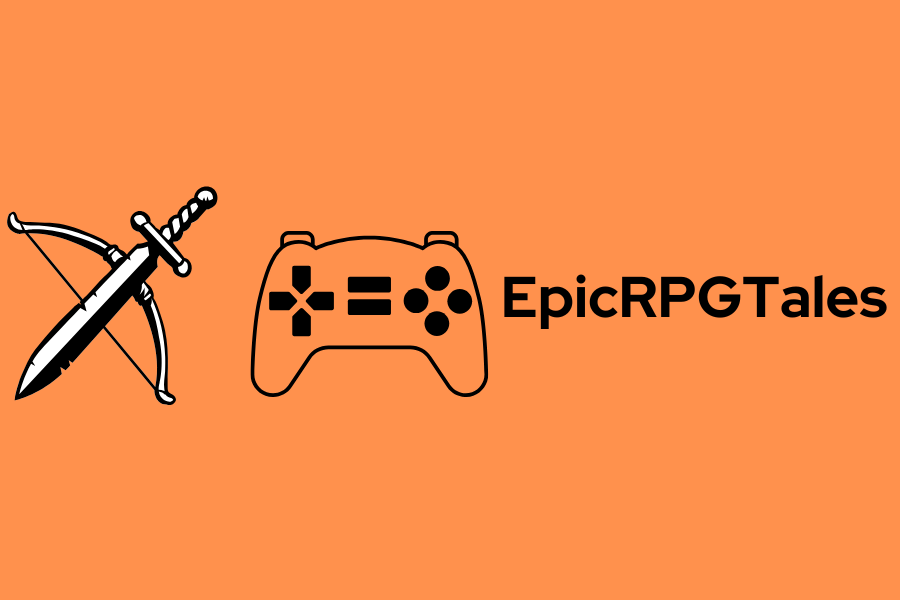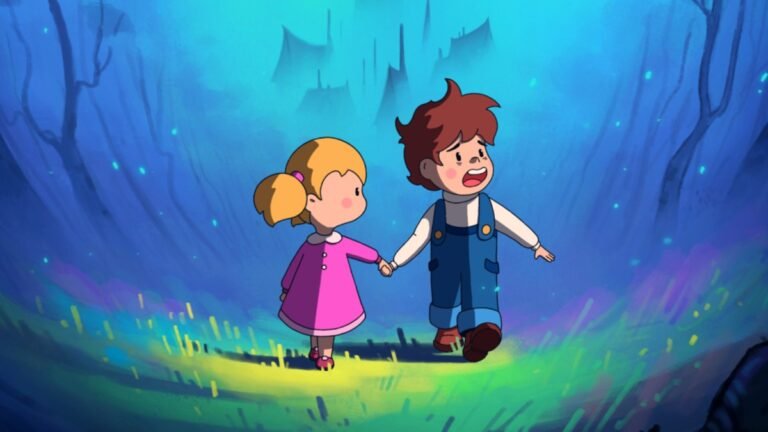In the 1990s, in France, a young boy named Théo awakens one night to find that his parents and his sister, Louise, have vanished. That’s not all that’s changed during Théo’s slumber. The supernatural world has also awoken, and he will have to work his way through it to find his family.
This is the plot to Dreamed Away, an upcoming throwback RPG inspired by Mother and the relationship between the developer’s children.
Nicolas Petton has been working pretty much solo for the past three years to create Dreamed Away, and now it’s getting closer to the finish line. I spoke with him about the game’s genesis, its disarming Mother-inspired art style, and the process of building a world of dreams.
Neil Bolt: After three years, you recently announced that the game is finally complete. As a developer who has primarily worked solo, how much of your life over the past three years has been dominated by Dreamed Away?
Nicolas Petton: I’m a father of two, so I squeezed in game work whenever I could: during lunch, after the kids were asleep, pretty much any free minute I found. Like many indie devs, it was evenings and weekends for a long time.
Since launching our Kickstarter campaign last year, I’ve been fortunate to work on the game full time. That shift has made a huge difference, allowing me to focus more deeply without constantly juggling game development, day job, and family life.
NB: What was the genesis of Dreamed Away’s premise? Was it born from personal childhood fears?
NP: While Dreamed Away is a work of fiction, its story is deeply personal to me. Many of the themes are inspired by my own childhood experiences and traumas, but the main narrative really took shape after the birth of my second child.
In many ways, the game became a way for me to explore and process my own struggles and fears as a father. At the same time, it’s a heartfelt story about the bond and love between two siblings, much like the relationship between my own children.
NB: The art style is adorable, but quite disarming given the tone. That’s an effective weapon to deliver uncertainty and unease, isn’t it?
NP: I definitely agree, and I hope it has the intended effect!
The art style just kind of clicked from the start. From the beginning, I knew I wanted a pixel art style reminiscent of the Mother series, something that could almost have been released on a 16-bit console from my childhood.
I think this contrast between the cute visuals and the darker themes and story helps create an uneasy and unexpected atmosphere, and makes the experience more impactful for the player.
NB: You also handle the soundtrack. I imagine it was pretty beneficial to have control over creating the entire audiovisual experience yourself.
NP: Definitely! Being mostly solo wasn’t always easy, but the upside was total creative control.
Being responsible for every aspect of the production, including the soundtrack, visuals, sound effects, etc., allowed me to make the exact experience I wanted for the game. I think it’s that sense of creating something entirely from scratch myself that kept me motivated all the way through to the end.
NB: Dreamed Away takes familiar places and twists them into dreamlike oddities. How enjoyable was it to discover ways of blending reality and nightmares onscreen?
NP: It’s not something that I was expecting when I first started, but it was very enjoyable, actually!
Coming up with new ways to surprise players, keep them on their toes, sometimes spook them, and then see how people react during playtests was very rewarding. Honestly, that’s probably the part I enjoyed the most during the development of the game.
Dreamed Away Trailer
NB: You’ve eschewed the usual RPG combat mechanics for rhythm-based minigames and bullet-hell style evasion. What was behind that decision?
NP: I initially wanted a more traditional turn-based combat system, something similar to Chrono Trigger, maybe. However, I quickly realized that I wouldn’t be adding much to a well-established and refined formula, so I began thinking and prototyping different combat systems.
NB: So, you’re aiming for a Q4 2025 release window. What are the priorities now with Dreamed Away ahead of that?
NP: There’s still a lot of work to be done! We are very lucky to have an amazing translation community, so I’m trying my best to help them localize the game. There’s also a lot of balancing work to be done, as well as QA, polishing, and bug fixing. Some minor tweaks also have to be done for the console ports of the game.
In parallel, I’m also working with my publisher, Pineapple Works, on marketing and preparing for the launch.
Dreamed Away is scheduled for release in Q4 2025 on Xbox One, Series X|S, Nintendo Switch, and PC. A demo is available now on Steam.

